Town Hall Agenda & Bios
COPEWELL Agenda
Speaker Bios
Agenda
COPEWELL: Improving Community Resilience in the Face of Disaster
A Virtual Town Hall | October 11 and 13, 2022
Objectives:
-
Introduce audiences to the COPEWELL framework, which is designed to help communities improve resilience before, during, and after disasters
-
Present in-the-field examples, by COPEWELL practitioners, of how COPEWELL can be implemented in local jurisdictions
Day One – Introduction to COPEWELL
Tuesday, October 11, 2022 | 10:00-11:30 a.m. CST
10:00-10:20 a.m. CST – Welcome and Introductions
Speaker:
- Melinda Villagran, Ph.D. - Executive Director of the Translational Health Research Center and the Center of Excellence for Community Health and Economic Resilience Research
10:20-10:55 a.m. CST – Introduction to COPEWELL
Speakers from the Johns Hopkins University will introduce audiences to the COPEWELL framework’s core concepts. This includes a walkthrough of the COPEWELL model, the system dynamics model and data dashboard, the self-assessment and implementation tools, and resources for change.
Speakers:
- Jonathan M. Links, Ph.D. – The Johns Hopkins Bloomberg School of Public Health
- Tara Kirk Sell, Ph.D. – The Johns Hopkins Center for Health Security at the Johns Hopkins Bloomberg School of Public Health
- Monica Schoch-Spana, Ph.D. – The Johns Hopkins Center for Health Security at the Johns Hopkins Bloomberg School of Public Health
10:55-11:25 a.m. CST – Q&A
11:25-11:30 a.m. CST – Closeout, Introduction to Day Two
Day Two – COPEWELL in Action
Thursday, October 13, 2022, 10:00-11:30 a.m. CST
10:00-10:10 a.m. CST – Welcome and Day One Recap
Speaker:
- Jessica Schneider, MA - Director, CHERR Resilience Research Programs
10:10-10:50 a.m. CST– Use Case Presentations
Prior COPEWELL users will discuss their experiences, including what led them to use COPEWELL, successes and challenges to implementation, and advice to others interested in implementing COPEWELL.
Speakers:
- Jennifer Johnson, MPA – CDC and Tennessee Department of Health, Emergency Preparedness
- Sydney Clark, MPH – Tennessee Department of Health, Disability and Preparedness
- Michelle Morris, MPH – Duluth Superior Area Community Foundation
- Rex Long, MA – Texas State University, Community Health and Economic Resilience Research
10:50-11:10 a.m. CST – Q&A
11:10-11:20 a.m. CST – Implementing COPEWELL: A Local Response
11:20-11:30 a.m. CST – Closeout
Speaker Bios
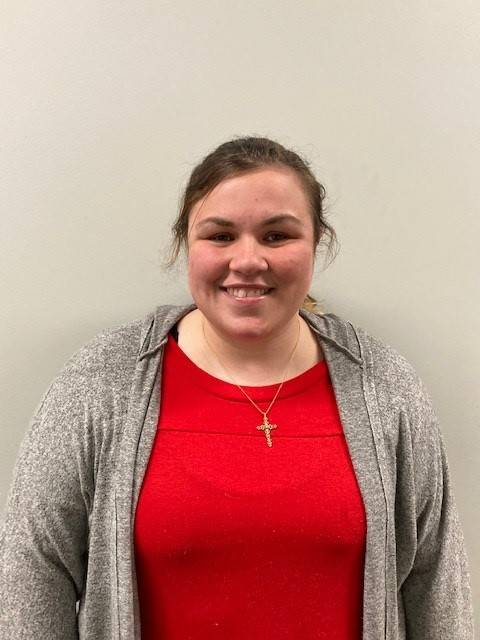
Sydney Clark, MPH works for the Tennessee Department of health as a Disability and Preparedness Specialist. Her areas of focus currently in this position are inclusive planning, accessible and inclusive exercise and training creation, ADA compliance for documents and materials, and jurisdiction risk assessment. Previously she served as a data epidemiologist and conducted research on inclusive preparedness practices. She received her masters of public health along with a graduate certificate in emergency and disaster management from Western Kentucky University, and a bachelor of public health with a minor in community and leadership development from the University of Kentucky.
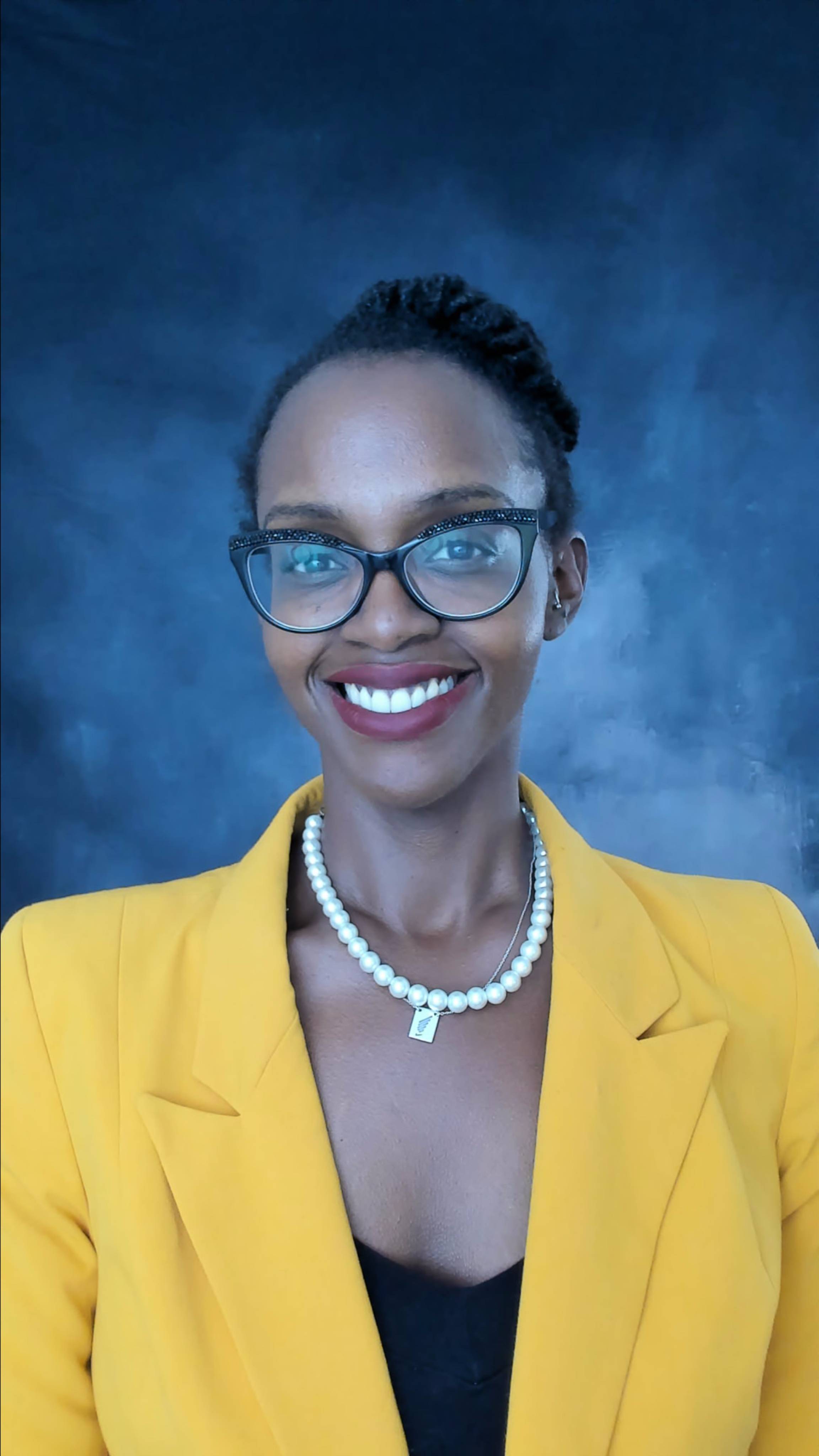
Jennifer Johnson, MPA works for the U.S. Centers for Disease Control and Prevention (CDC) as a Senior Preparedness Field Assignee in the Tennessee Department of Health, Emergency Preparedness program. In this role, she coordinates risk assessments and provides programmatic support to all-hazards planning, community preparedness and emergency response activities at the state and federal level. She is also the state lead for Project Public Health Ready, a national recognition program for local public health preparedness. She earned a Certified Emergency Manager designation from the International Association of Emergency Managers and is a member of CDC’s Global Rapid Response Team. She holds a master’s degree in Public Administration from the University of Georgia and a bachelor’s degree in history from Tennessee State University.
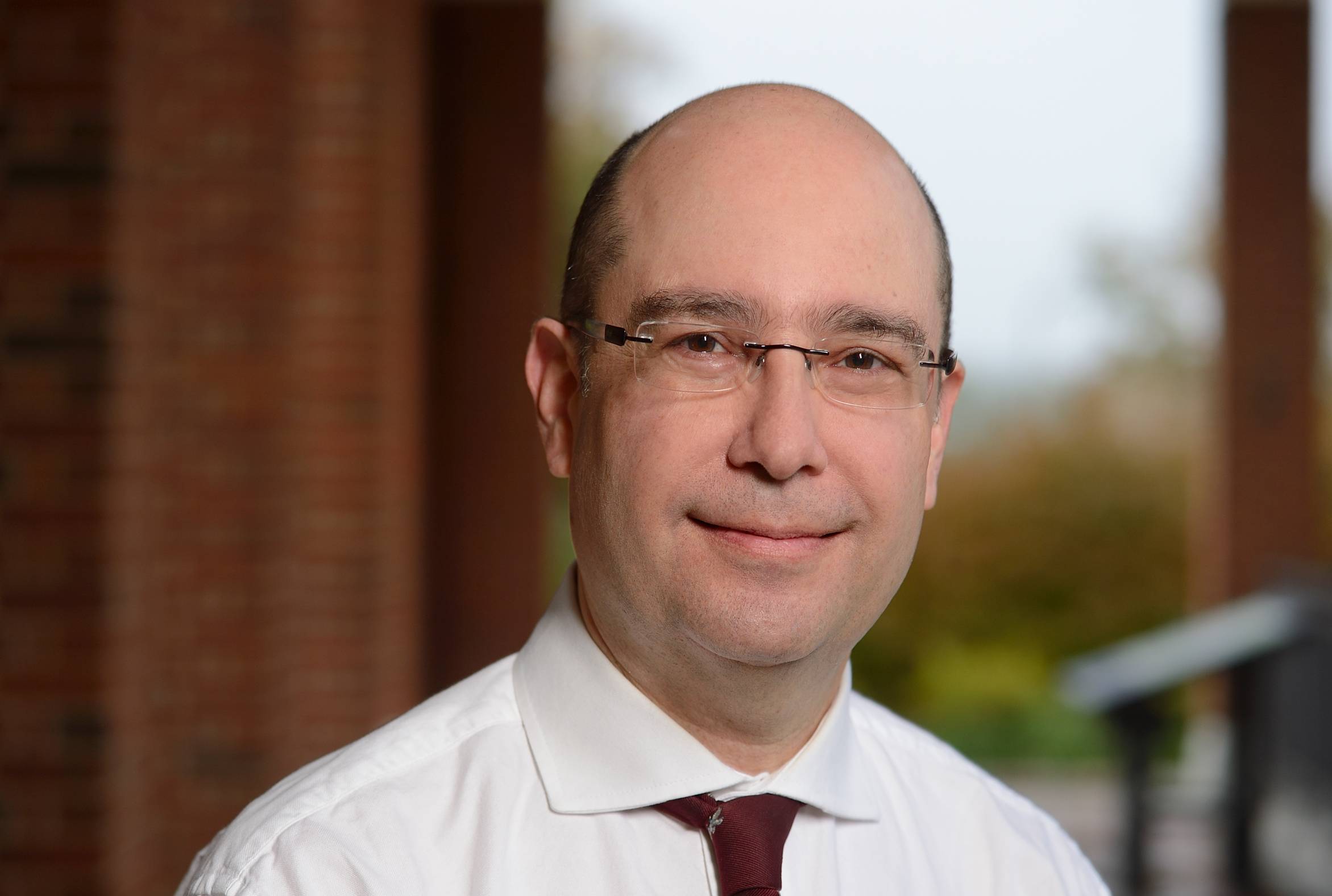
Jonathan M. Links, Ph.D. is a medical physicist, with a B.A. in Medical Physics from the University of California, Berkeley (1977), and a Ph.D. in Environmental Health Sciences from Johns Hopkins University (1983). Dr. Links is currently a professor in the Johns Hopkins Bloomberg School of Public Health, with joint professorial appointments in the School of Medicine, the School of Education, the Whiting School of Engineering, and the Carey Business School. Dr. Links is the university’s Vice Provost and Chief Risk Officer. Dr. Links is a member of the Delta Omega National Public Health Honor Society. He is a past president of the Society of Nuclear Medicine, a 16,000-member professional medical society that deals with the use of radioactivity and radiation in medicine. Dr. Links was the original Principal Investigator of the COPEWELL project.
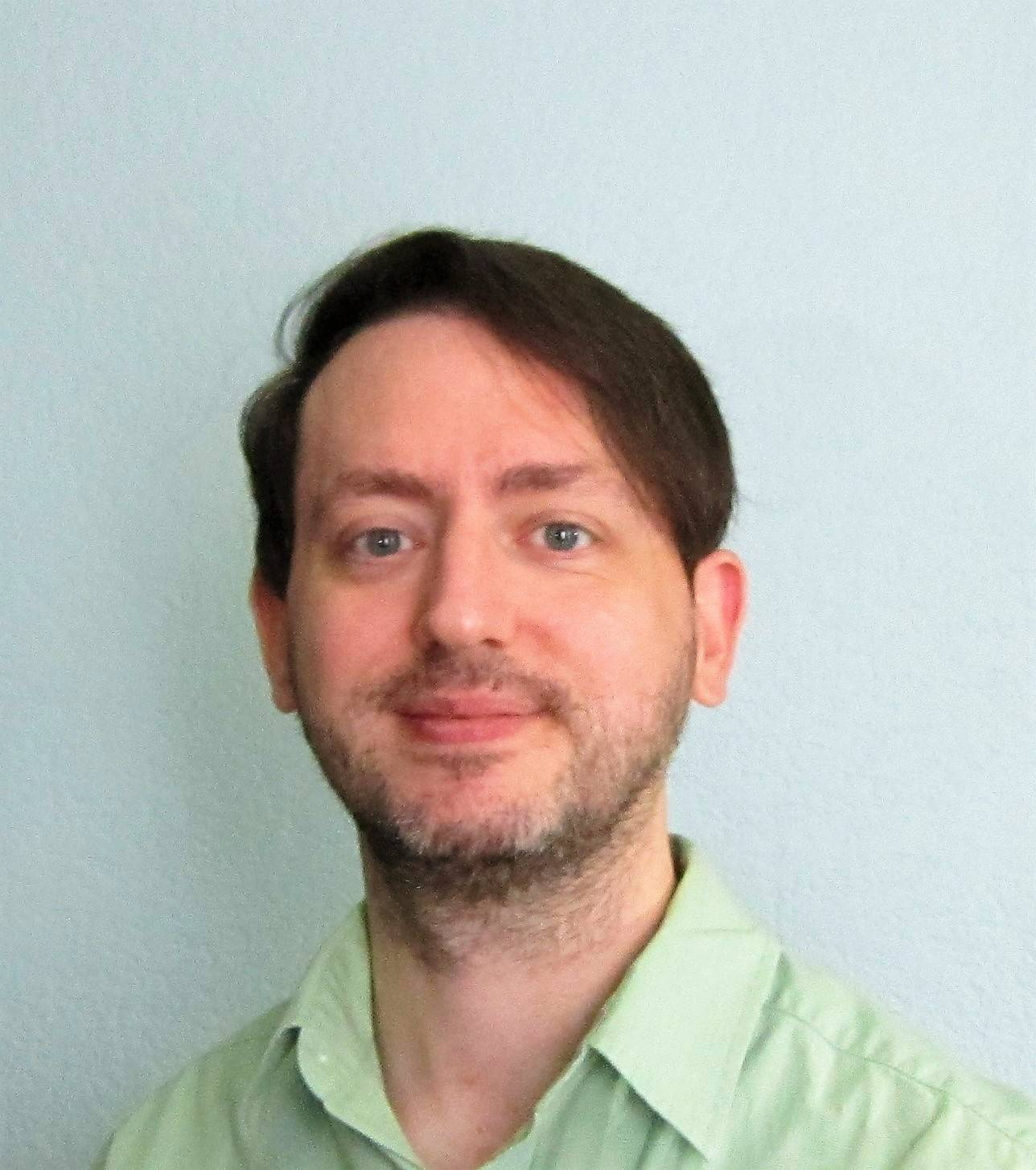
Rex Long, M.A. is an applied anthropologist with expertise in designing and executing rapid ethnographic research, and currently works with the Texas State University Translational Health Research Center. His work primarily concerns the health impacts of disaster events with a focus on psychosocial harms. His research includes the impact of hurricanes on K-12 schools in Texas and North Carolina, college persistence for first-generation students during the COVID-19 pandemic, and the human factors relevant to readying populations for COVID-19 vaccine uptake. Most recently he contributed to CommuniVax, a national ethnographic coalition focused on COVID-19 vaccine access and acceptance in communities of color. Mr. Long is a Ph.D. candidate in the department of Anthropology at Texas State University, where he received his master’s degree.
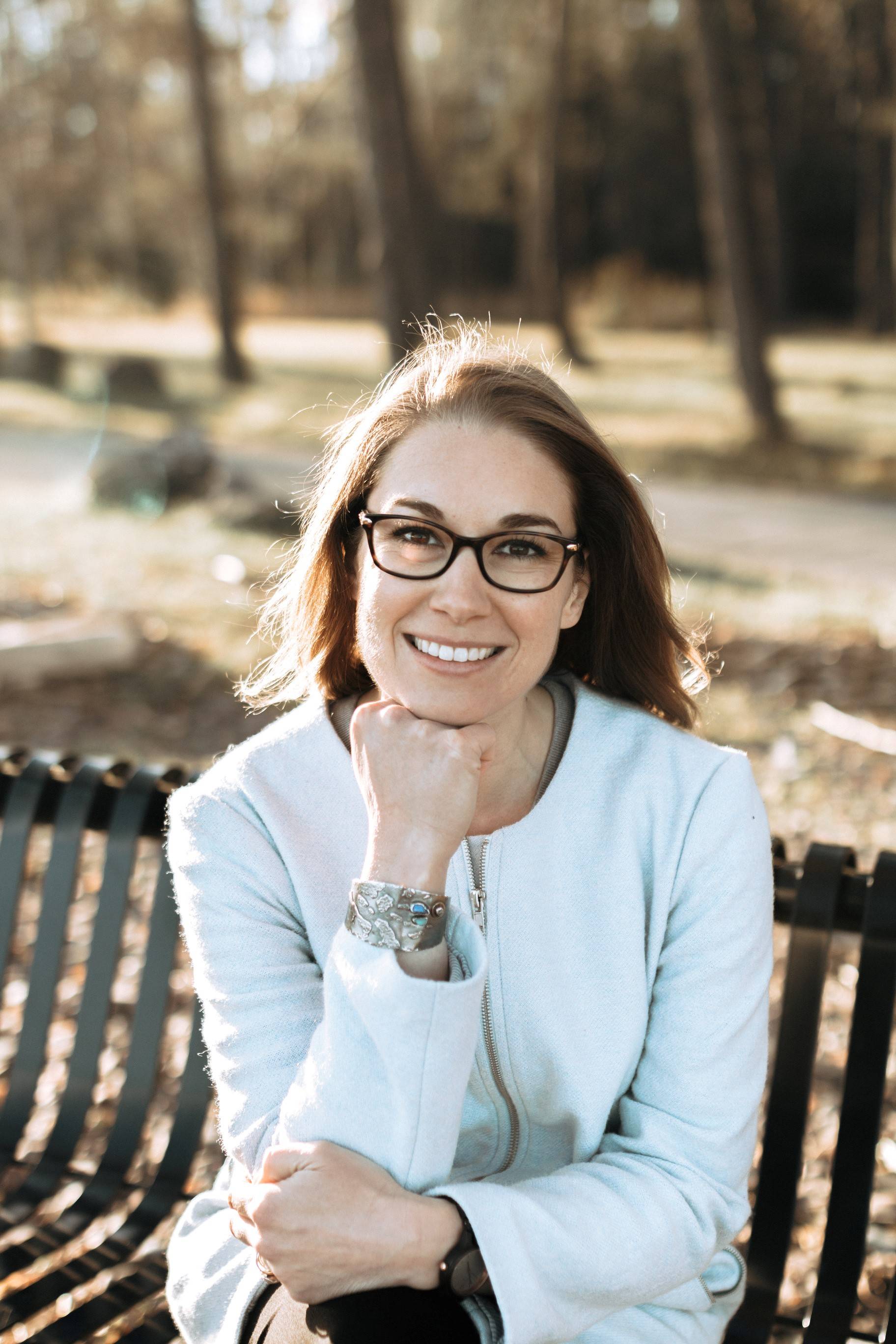
Michelle Morris, MPH is Community Impact Director at the Duluth Superior Area Community Foundation. In this role, she advances the Foundation’s mission of private giving for the public good by partnering with nonprofit organizations and community leaders throughout northeast Minnesota and northwest Wisconsin to create positive outcomes through grants, scholarships, and supporting collective efforts. Michelle coordinates two initiatives: Ready North and Opportunity Rising. Ready North utilizes a network approach with public and private partners to increase the region’s abilities to prepare for, respond to, recover from and mitigate disasters, particularly focusing on community members who are most marginalized. Ready North is made possible through support from The Funders Network’s Philanthropic Preparedness Resiliency & Emergency Partnership, a place-based learning cohort of 20+ community foundation in the Midwest. Opportunity Rising focuses on closing the opportunity gap by building a community that embraces inclusivity and equity, where all children have abundant opportunities, and feel respected, safe and secure.
Michelle earned her Master’s in Public Health from Columbia University, focusing on social determinants of wellbeing and health equity within health promotion. She brings to her role experience in program design and management, evaluation through qualitative and quantitative research methods, community-based participatory research, and grant proposal writing and review. Michelle is honored to be a fellow of the 2019 PLACES cohort for Professionals Learning about Community Equity and Sustainability, and member in the 2021 class of Duluth Area Chamber of Commerce’s Leadership Duluth.
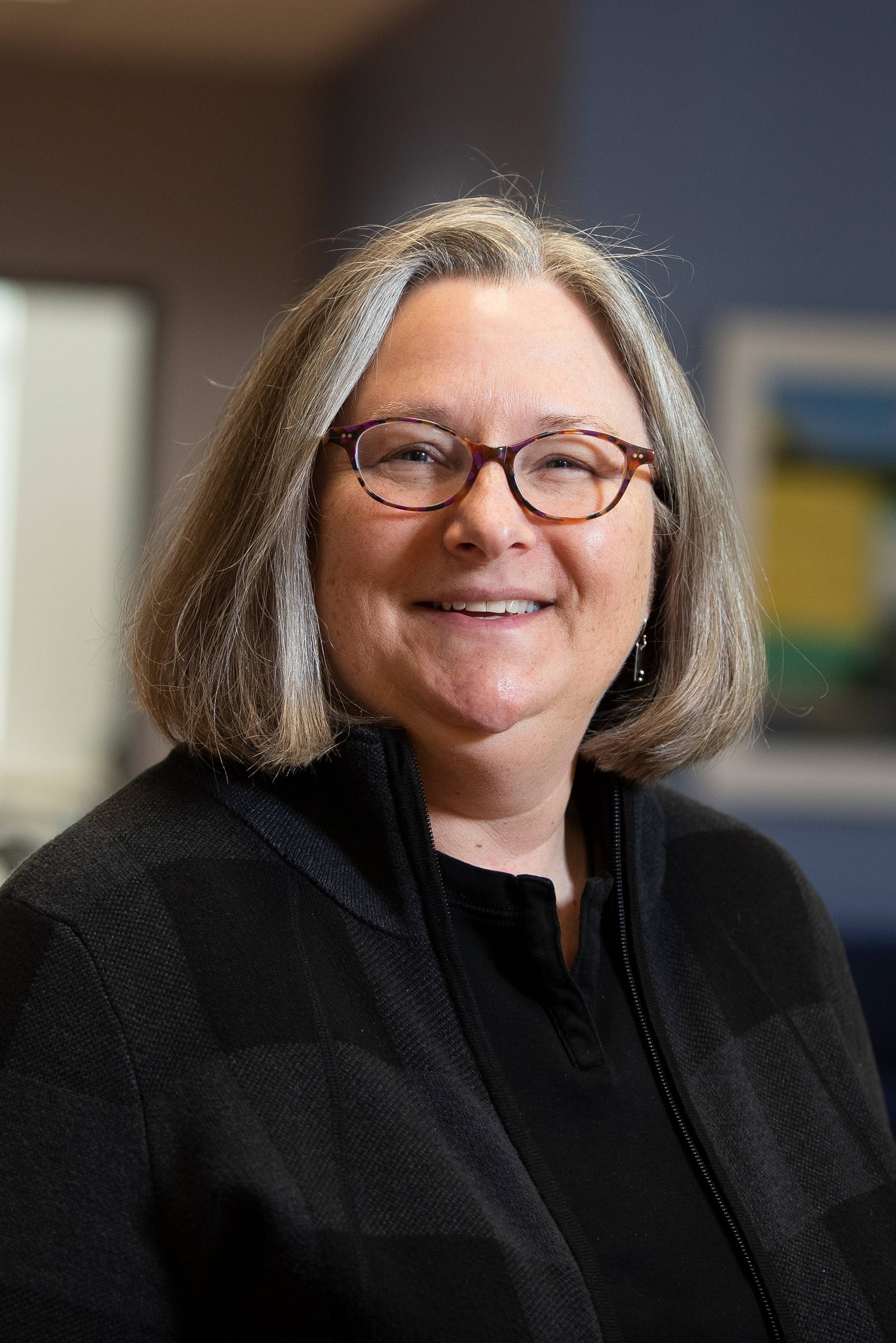
Monica Schoch-Spana, Ph.D. a medical anthropologist, is Senior Scholar with the Johns Hopkins Center for Health Security and Senior Scientist with the Department of Environmental Health and Engineering at the Johns Hopkins University Bloomberg School of Public Health. For over 20 years, she has conducted research on public health emergency management, focusing on community resilience, behaviorally realistic emergency plans, public engagement in health disaster policymaking, post-epidemic recovery, and crisis and emergency risk communication. She has also worked diligently to translate scholarly research into actionable recommendations for policymakers and practitioners, including most recently as co-Principal Investigator for CommuniVax – a national ethnographic research coalition whose expert advisory group and 6 local teams are partnering with communities of color to tackle COVID-19 vaccine access and acceptance issues and to put equity at the center of the pandemic recovery process. National advisory roles include the Homeland Security Subcommittee of the Board of Scientific Counselors for the US Environmental Protection Agency and the Resilient America Roundtable of the National Academies of Sciences, Engineering and Medicine, which she formerly co-chaired. From 2003-2017, Dr. Schoch-Spana worked at the UPMC Center for Health Security; prior to that, at the Johns Hopkins University Center for Civilian Biodefense Strategies, starting in 1998. She received her PhD in cultural anthropology from Johns Hopkins University.
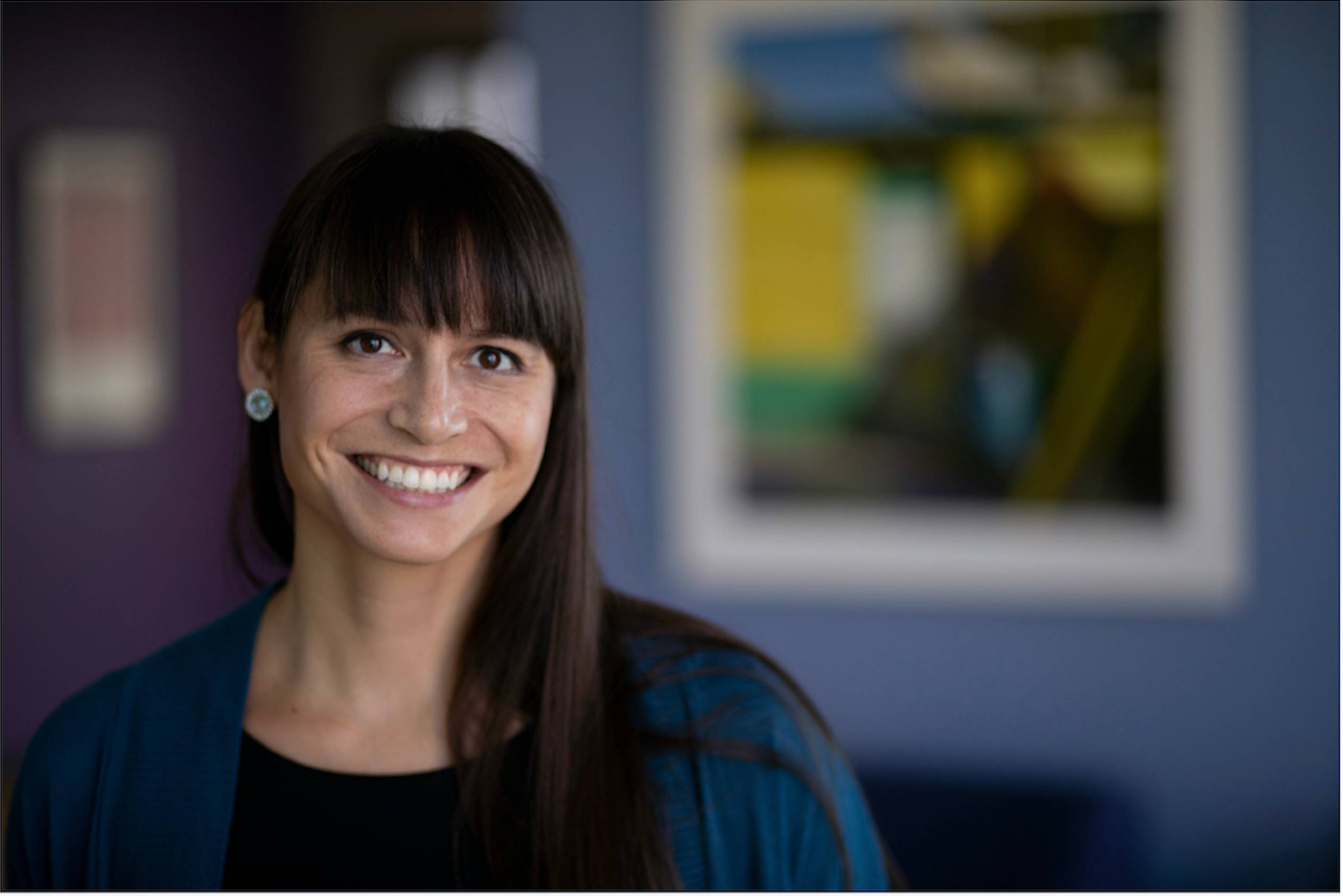
Tara Kirk Sell, Ph.D. is a Senior Scholar at the Johns Hopkins Center for Health Security and an Associate Professor in the Department of Environmental Health and Engineering at the Johns Hopkins Bloomberg School of Public Health. Her background is in Public Health (Ph.D., Department of Health Policy and Management, Johns Hopkins Bloomberg School of Public Health, 2016), Anthropological Sciences (M.A., Stanford University, 2005), and Human Biology (B.A., Stanford University, 2005). Dr. Sell’s work focuses on improving public health policy and practice in order to reduce the health impacts of disasters and terrorism. She is a Co-Co-Principal Investigator for the current COPEWELL project. Prior to her work in academia, she was a professional athlete and won a silver medal in the 2004 Olympics.
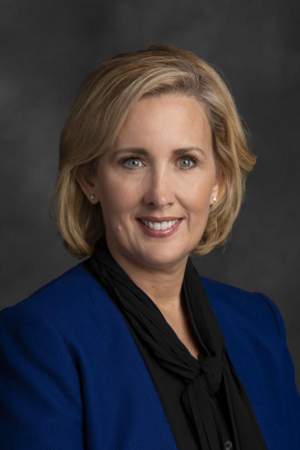
Melinda Villagran, Ph.D. is the Executive Director of Texas State's Translational Health Research Center, leading applied health research programs with community partners to improve health and increase resilience in Texas. Dr. Villagran is also the Principal Investigator for the Community Mental Health M.A.P. (Monitoring and Assessment Program) grant funded by the Substance Abuse and Mental Health Services Administration, and the Co-PI for the State of Texas Higher Education Coordinating Board's Accelerating Credentials grant focused on marketable skills for workforce development. With a Ph.D. in health communication, Dr. Villagran supports diverse research involving Texas State faculty, students, and community partners, working together to create healthy, equitable, resilient communities.
